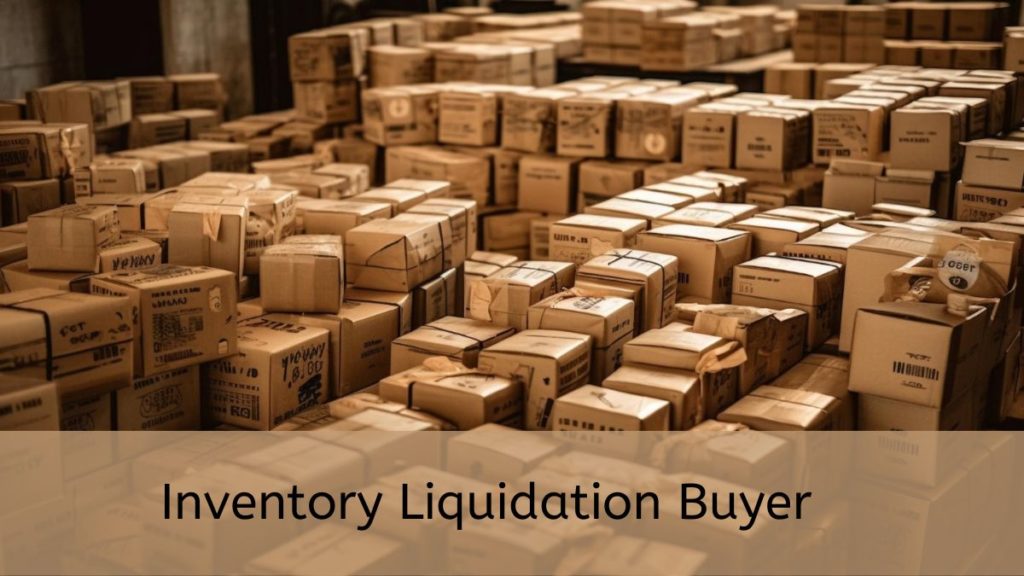What is inventory liquidation? An inventory liquidation buyer is a professional or a company that specializes in purchasing excess or obsolete inventory from businesses looking to clear out their stock. This process is often referred to as “liquidation” because it involves converting assets into cash. Inventory liquidation buyers play a crucial role in helping companies recoup some of their investment in surplus goods and create space for new products.
Table of Contents
Toggle
Here are some key aspects of the role of an inventory liquidation buyer:
Purchase of Surplus Inventory:
Inventory liquidation buyers purchase excess, overstock, or obsolete inventory from businesses. This can include products that are discontinued, seasonal, or slow-moving.
Negotiation:
Negotiating deals with businesses to acquire the inventory at a mutually agreed-upon price. The negotiation process involves factors such as quantity, condition of the goods, and the urgency of the sale.
Resale or Redistribution:
After acquiring the inventory, the buyer may resell the products through various channels. This could include selling to other retailers, wholesalers, discount stores, or through online platforms.
Market Knowledge:
To be successful, an inventory liquidation buyer needs to have a good understanding of market trends, demand for certain products, and the resale value of different types of goods.
Logistics and Warehousing:
Managing logistics, including transportation and warehousing, to store and distribute the acquired inventory efficiently.
Risk Management:
Assessing the risk associated with purchasing specific types of inventory, such as perishable goods or items with a short shelf life.
Legal Compliance:
Ensuring that the process complies with legal and regulatory requirements, including any restrictions on the sale of certain types of products.
Marketing and Sales:
Depending on the business model, the inventory liquidation buyer may need to market and sell the acquired inventory. This could involve creating sales campaigns, setting up online platforms, or working with retail partners.
Financial Analysis:
Conducting financial analysis to determine the profitability of acquiring and reselling the inventory.
Businesses often turn to inventory liquidation buyers when they need to quickly recover capital tied up in excess stock or want to avoid losses associated with keeping obsolete inventory. The buyers, in turn, can benefit by acquiring goods at a discounted price, with the potential for resale at a profit.
Why liquidate inventory?
Here are some of the benefits of liquidating your excess inventory: Free up cash: Selling your excess inventory can free up cash that you can use to invest in your business or to pay down debt. Free up space: Getting rid of excess inventory can free up space in your warehouse or retail store.
When dealing with inventory liquidation, both buyers and sellers should carefully consider the condition of the goods, the terms of the sale, and any potential legal or financial implications. Additionally, buyers should be aware that the quality of liquidation inventory can vary, and it’s crucial to assess the goods before making a purchase.
Inventory Liquidation Buyers has been an excess inventory liquidator buyer for more than 30 years. We are always in the market to buy all sizes of excess and overstock inventory. Whether you are interested in selling surplus or overstock items, you are definitely in the right place. We are one of the industry’s premier and most reputable excess inventory solutions/buyers moving in Connecticut. if you want to sell your excess inventory Liquidation and Closeout inventory you can contact us on our main website to liquidate products.